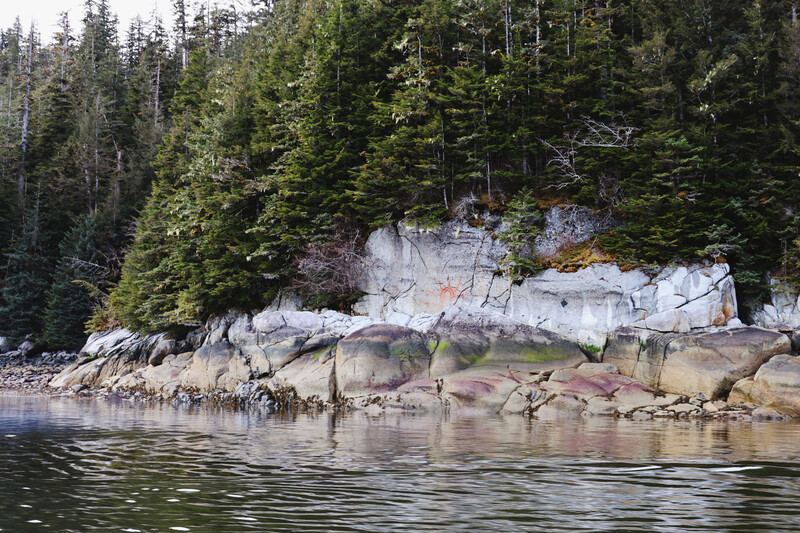An incoming rush of gold and copper mines in British Columbia could threaten to undermine some of the last wild salmon rivers left in the world, as well as the Indigenous peoples who have used the waterways for centuries.
Dozens of mining companies are seeking permission from the government of British Columbia to develop some of the world’s largest gold mines along the transboundary rivers that flow from Canada into southeastern Alaska, including the Taku, Stikine, and Unuk Rivers.
These rivers hold a huge cultural significance to the Southeast Alaska Tribes. They also have an enormous ecological value, serving as the home of five wild Pacific salmon species and acting as a cornerstone for the wider complex ecosystem that includes black bears, brown bears, gray wolves, and other wildlife.
To push back against the plans, a consortium of 15 Tribes from the region is requesting a pause on “reckless mining activity” in the region. In a letter to the Inter-American Commission on Human Rights, the Southeast Alaska Indigenous Transboundary Commission (SEITC) argues that the threat of mining upstream violates their rights to culture, physical health and well-being, means of subsistence, and property.
Together with Re:wild and Earthjustice, they are calling on the Canadian government to fulfill its duty to consult them on all development decisions impacting their traditional territories.
“We have been doing everything we can to engage the Canadian government in this process, giving them the opportunity to disrupt their ongoing colonial legacy, and recognize our sovereign rights,” Rob Sanderson Jr., SEITC vice-president, said in a statement.
“We are the guardians of some of the last wild places left in the world not yet exploited by the extractive industry, but without our rights recognized, we cannot do this,” said Sanderson.

The SEITC says future mining operations could negatively impact the Unuk River in Alaska.
Image credit: Sonia Luokkala/Southeast Alaska Indigenous Transboundary Commission
One of the biggest potential projects is the Eskay Creek Revitalization Project in British Columbia, an open mine pit that promises to produce approximately 3.7 million tonnes per year of gold and silver-bearing ore.
As alluring as it may sound, the legal challenge argues similar mines have severely impacted humans, wildlife, and waterways. It cites a study that looked into the Mount Polley mine disaster in 2014 when a tailings dam failed in British Colombia, exposing the local invertebrates to potentially toxic metals. They point to another study that shows how tailings dams, even if they don’t catastrophically fail, can cause long-lasting changes to the water and sediment chemistry for hundreds of miles.
As far as the SEITC and other supporters are concerned, the future of mining on the transboundary rivers depends on whether the government wants to put profits ahead of people and the planet.
“Canada’s decision categorically silences those of us who have occupied and stewarded these watersheds for tens of thousands of years, long before the colonial border was established. Canada is putting companies and profit over the rights of its neighbors who are separated only by a colonial border,” added Lee Wagner, SEITC assistant executive director, who is Tsimshian, Haida, and Łingít.
“Let’s be clear: this is a death sentence for our rights and way of life, the waters on which we depend, and the wildlife with which we share our home,” Wagner said.
Source Link: Gold Mines Threaten Some Of World’s Last Wild Salmon Rivers, Says Tribal Group